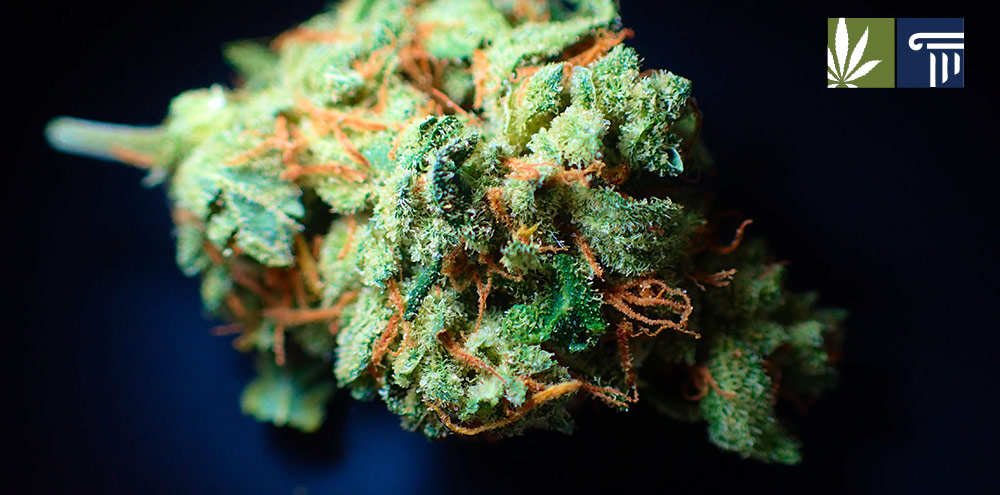Three new laws to expand medical marijuana access for qualifying patients in Louisiana went into effect on August 1, 2020.
The main measure, House Bill 819, removes restrictions on which doctors can recommend medical marijuana and on which conditions qualify for medical marijuana treatment. Now, all registered physicians can recommend the therapeutic use of cannabis for any condition considered “debilitating to an individual patient.”
HB 819 was approved by the legislature two months ago, with Gov. John Bel Edwards signing the bill into law two weeks later. Up until the new law change, select physicians were only permitted to recommend medical cannabis for a limited number of illnesses, such as HIV and cancer.
Initially, HB 819, which was introduced by Rep. Larry Bagley (R) would only have added traumatic brain injuries to the limited list of qualifying conditions for medical marijuana treatment. But once in committee, several other conditions were added before language was inserted into the bill stating a physician may recommend the treatment for any malady he/she “considers debilitating to an individual patient.”
Louisiana now joins states such as California, Maine, and Virginia in having medical marijuana laws in place which afford physicians wide discretion to determine whether to recommend medical cannabis as an appropriate treatment.
The two other new laws concerning marijuana includes House Bill 418 which ensures legal protections to “any facility that is licensed by the Louisiana Department of Health that has patients in its care using medical marijuana.” The other, House Bill 211, is similar to the SAFE Banking Act passed by the US House of Representatives in that it ensures state regulators or law enforcement officials cannot sanction financial institutions for providing their services to state-legal marijuana businesses.
Patients hope the easing up of restrictions in Louisiana’s medical marijuana program will go some of the way towards helping improve access to the treatment. The program has been plagued with issues since the passage of the Alison Neustrom Act in 2015, which paved the way for access to medical cannabis in the state. Implementation was slow, with dispensaries not receiving medical cannabis until August last year, almost four years after it was legalized. This problem is compounded by the fact that home cultivation is prohibited in Louisiana meaning frustrated patients in need have had no option but to wait.
The next issue lawmakers have to contend with is the prohibitive cost of medical cannabis in Louisiana. The treatment is typically not available on health insurance plans given its illegality at the federal level, while a patient suffering chronic pain could need to spend around $1,000 each month for what they need.
These issues are reflected in the low uptick of patients to Louisiana’s medical cannabis program; so far only around 4,500 have registered. To make medical marijuana access in Louisiana meaningful, lawmakers need to do more than just allow doctors to do their job. Lawmakers also need to either bring the price of medical marijuana down or let people grow their own plants.






